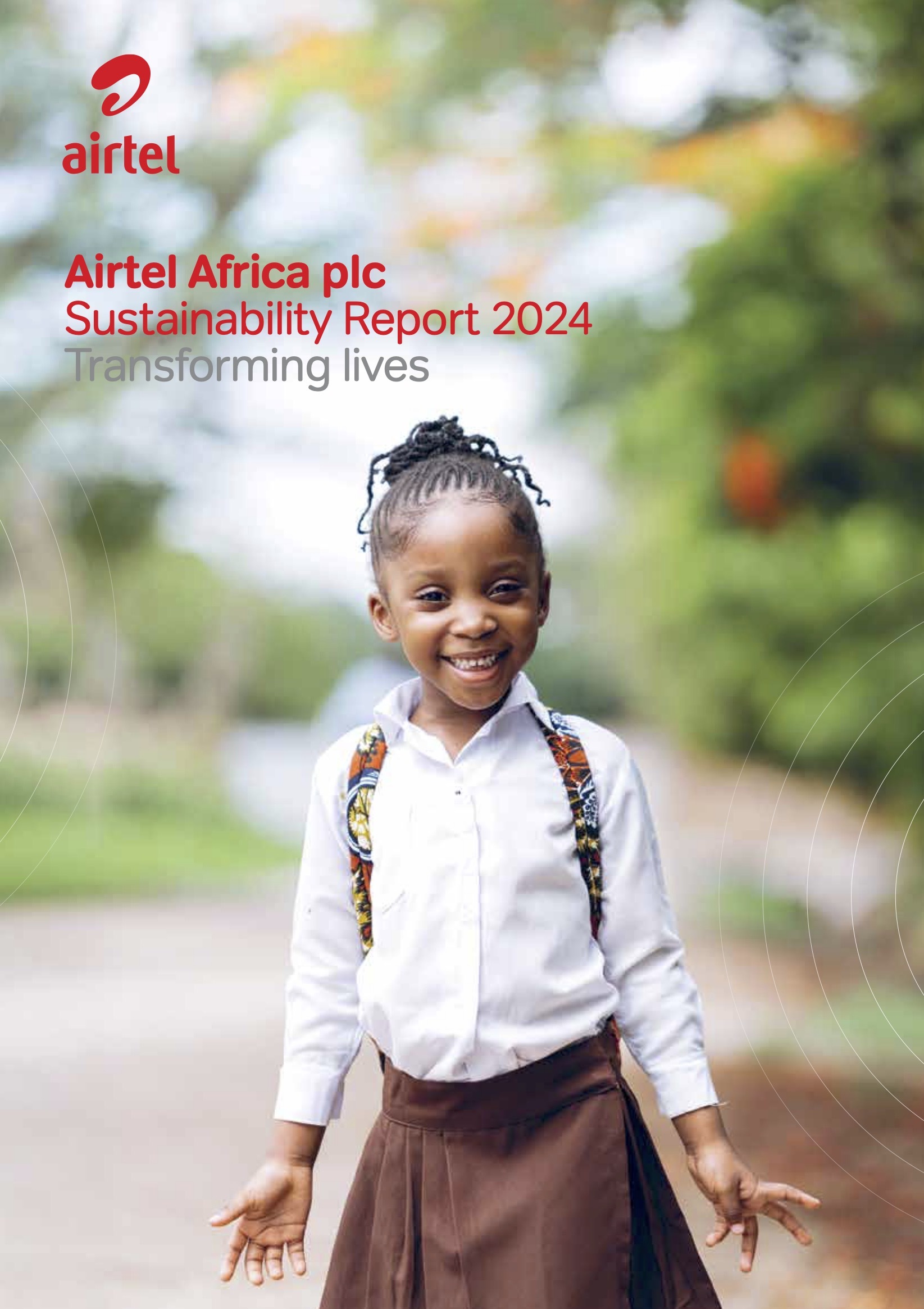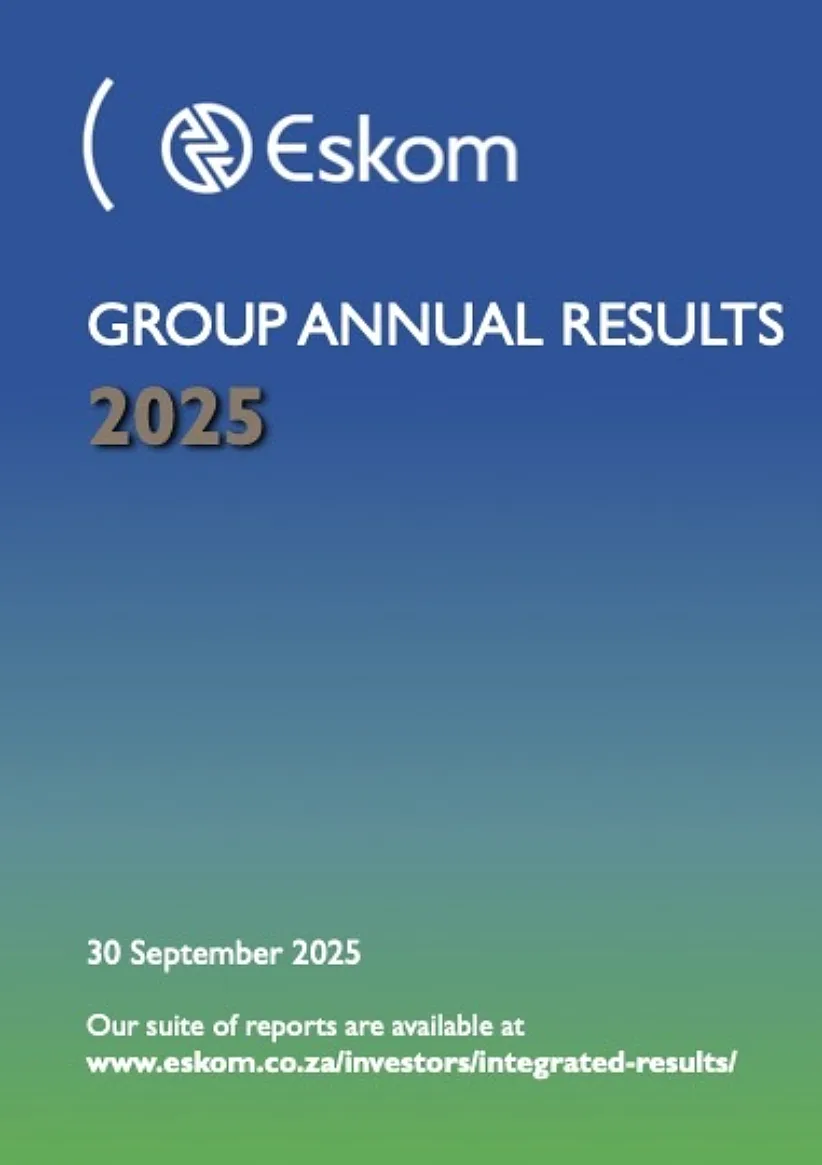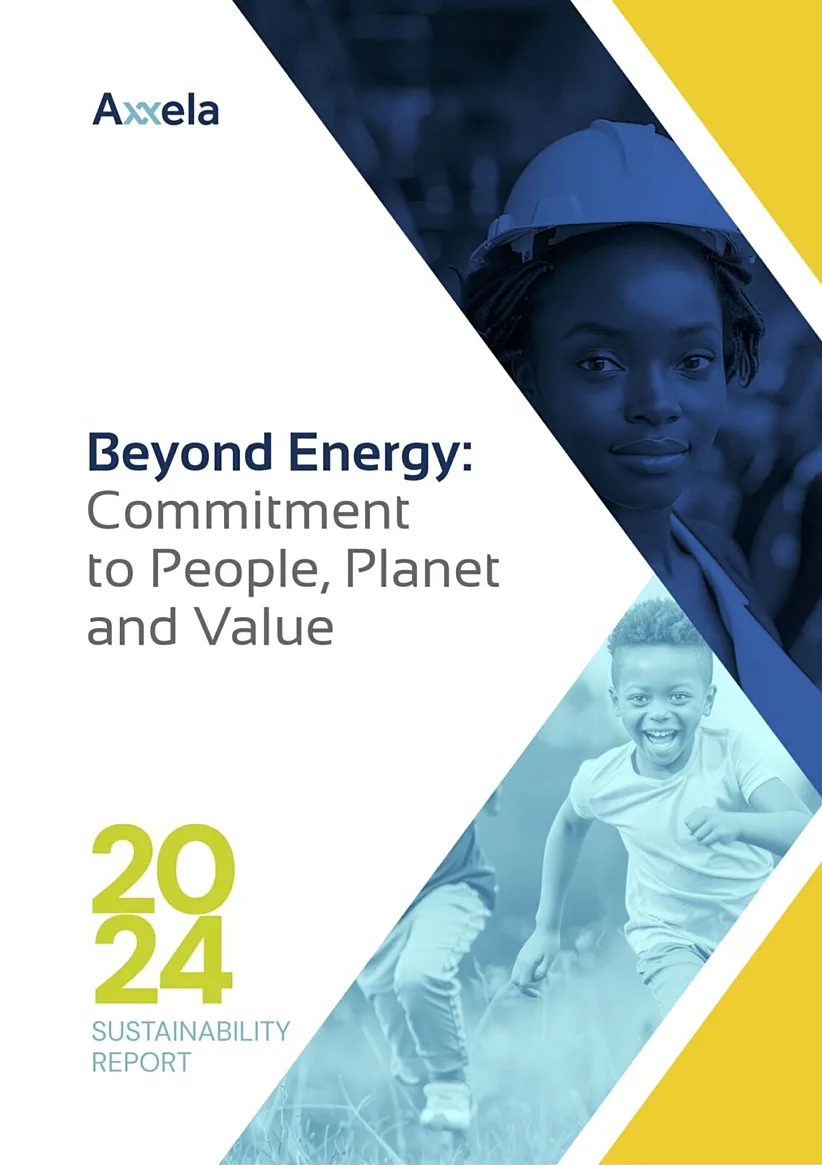Executive Summary: Sustainable Stories Advocates Review of Airtel Africa’s 2024 Sustainability Report
Airtel Africa’s 2024 Sustainability Report reflects a comprehensive commitment to advancing six key United Nations Sustainable Development Goals (SDGs), including quality education, gender equality, decent work, innovation, reduced inequality, and responsible consumption. The company’s strategic integration of these goals is evident in its expansion of digital and financial inclusion across 14 Sub-Saharan countries, notably through a $57 million partnership with UNICEF connecting over 1,200 schools to the internet. Gender empowerment is also a focus, with women representing 38.5% of Airtel Money agents in Zambia and 28.3% of the overall workforce. Environmental initiatives target emissions reduction and green energy deployment, supported by a governance framework that includes board-level oversight, a CEO-chaired Sustainability Committee, and adherence to global ESG standards such as GRI and TCFD.
The report highlights significant impact areas such as digital access reaching over 152 million customers, growth in mobile money users, and robust data security certifications. Key performance indicators track greenhouse gas emissions, energy consumption, network coverage, gender diversity, and supplier ESG engagement. Future priorities include implementing a Scope 3 emissions strategy, expanding renewable energy sites, enhancing supplier sustainability audits, and promoting women in leadership through targeted programmes. Airtel Africa’s sustainability approach is structured around four pillars—business resilience, people development, community inclusion, and environmental stewardship—underscoring a holistic commitment to sustainable growth. This report exemplifies how disciplined ESG management, aligned with stakeholder input and global frameworks, can drive both corporate performance and social value across Africa.
1. SDG ALIGNMENT
Aligned SDGs
Airtel Africa aligns with six United Nations Sustainable Development Goals (SDGs):
- SDG 4: Quality Education
- SDG 5: Gender Equality
- SDG 8: Decent Work and Economic Growth
- SDG 9: Industry, Innovation and Infrastructure
- SDG 10: Reduced Inequality
- SDG 12: Responsible Consumption and Production
Strategic Integration
- Digital Inclusion: Expanding network access in 14 countries to reduce inequality.
- Financial Inclusion: Empowering users, especially women in rural areas, via mobile money platforms.
- Education Access: Through a $57 million partnership with UNICEF, nearly 1,200 schools have been connected to the internet.
- Gender Equality: 38.5% of Airtel Money agents in Zambia are women. Women constitute 28.3% of the workforce.
- Environmental Impact: Targeted reductions in emissions and rollout of green energy solutions across operations.
Geographic Impact
Reported impacts occurred across all 14 Sub-Saharan African countries where Airtel Africa operates, with detailed examples from Zambia, Nigeria, Kenya, Niger, and Uganda. Future alignment will scale through local partnerships and infrastructure expansion.
2. ESG MANAGEMENT
Governance Framework
- Board Oversight: The Board and its Sustainability Committee oversee the strategy. The Audit and Risk Committee handles ESG risk integration.
- Sustainability Committee: Chaired by the CEO, meets bi-monthly to review strategy implementation.
- Executive Committee (ExCo): Implements ESG across all markets.
- Sustainability Lead: Reports to the CEO and coordinates cross-functional initiatives.
ESG Standards & Frameworks
- Global Reporting Initiative (GRI)
- Task Force on Climate-Related Financial Disclosures (TCFD)
- London Stock Exchange ESG requirements
- UN Global Compact (UNGC) principles
3. INITIAL AREAS OF IMPACT
Core Impact Areas
- Digital and Financial Inclusion: Over 152 million customers reached; mobile money users up 20.7%.
- Education Access: $57 million UNICEF partnership; 1,200 schools connected.
- Gender Empowerment: Women-led agent network growth and leadership development.
- Data Security: PCI DSS, ISO 27001 and 22301 certifications in Nigeria.
- Climate Resilience: Fibre expansion, low-carbon infrastructure, and climate risk assessment across regions.
4. METRICS FOR DEFINITION
Key Performance Indicators (KPI’s)
- GHG Emissions: Scope 1 and 2 emissions = 128,503 tCO₂e (up from 114,842).
- Energy Use: 244,458,323 kWh consumed (2023/24).
- Network Access: 80.4% population coverage; 70.7% 4G penetration.
- Gender Representation: 28.3% workforce women (2023/24).
- Security Metrics: 2,993 external security tests; 0 breaches reported; 30 ISO certifications.
- Supplier ESG Engagement: 62% survey response rate among top 100 suppliers.
5. AREAS OF FOCUS
Future Strategic Goals
- Scope 3 Emissions Strategy: Implementing decarbonisation with tower infrastructure partners.
- Green Energy Deployment: 1,073 renewable energy sites installed in partnership with American Tower Corporation.
- Supplier Sustainability: Expansion of ESG audits via Joint Audit Cooperation (JAC).
- Women in Leadership: Continued support through the "Women for Technology" programme.
- Digital & Financial Access Expansion: Coverage expansion in underserved rural areas.
6. MATERIALITY CONCEPTS
Priority Issues
Materiality matrix prioritises:
- Data security
- Financial and digital inclusion
- Service quality
- Ethical supply chain practices
- Climate change mitigation
A double materiality approach was adopted, assessing both business impact on the environment/society and ESG risks to business performance. The 2024 assessment included stakeholder input from 14 markets and was validated by the Board’s Sustainability Committee.
7. SUSTAINABILITY RISK MANAGEMENT CONCEPTS
Risk Governance
ESG risks are integrated into the enterprise risk management system. Oversight is provided by the Board and two key committees:
- Sustainability Committee: Strategy execution and impact monitoring.
- Audit and Risk Committee: ESG and climate risk identification and mitigation.
Identified Risks
- Transition Risks: Carbon pricing, regulatory shifts (e.g., carbon taxes), reputation.
- Physical Risks: Flooding, extreme weather, heat, infrastructure damage.
- Operational Risks: Data privacy breaches, supply chain non-compliance, energy price volatility.
- Reputational Risks: Lack of action on climate or social issues.
Management Tools
- ESG audits
- ISO certifications
- Incident response and security simulations
- Vendor ESG self-assessments.
8. SUSTAINABILITY STRATEGY CONCEPTS AND MANAGEMENT
Strategic Pillars
Airtel Africa’s strategy is structured into four workstreams:
- Our Business: Secure and resilient network infrastructure.
- Our People: Diversity, learning and leadership development.
- Our Community: Access to education, digital and financial inclusion.
- Our Environment: Decarbonisation, waste management, and climate resilience.
Implementation Overview
- Rollout of ISO 27001, ISO 22301 and PCI DSS across OpCos.
- Smart Cash PSB expansion in Nigeria with cybersecurity certification.
- 54 women completed "Women for Technology" leadership programme.
- 1,200+ schools connected under UNICEF education partnership.
- Supplier audits under JAC and ESG self-assessments conducted.
- Green energy deployment across infrastructure sites in 4 countries.
- Board-level oversight of climate-related financial disclosures (TCFD).
- Internal KPI’s aligned to ESG goals, tracked and reported to Board.





